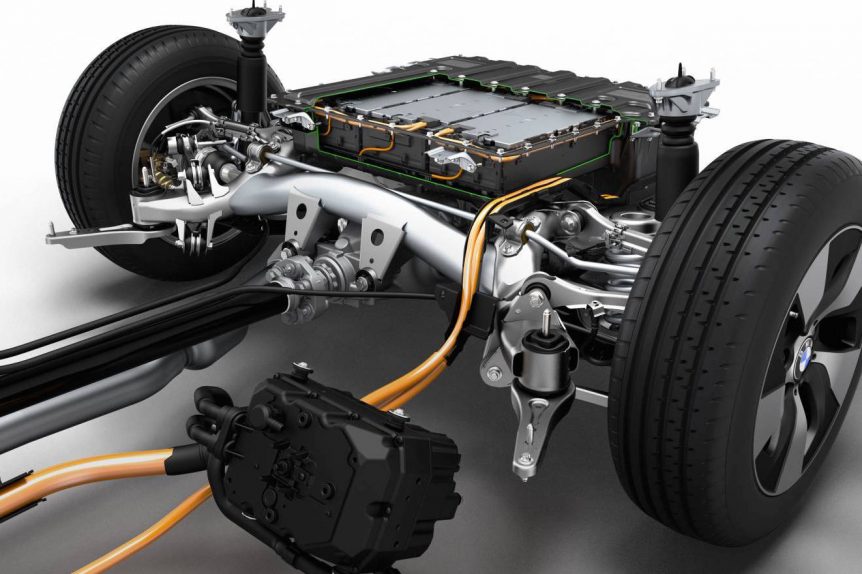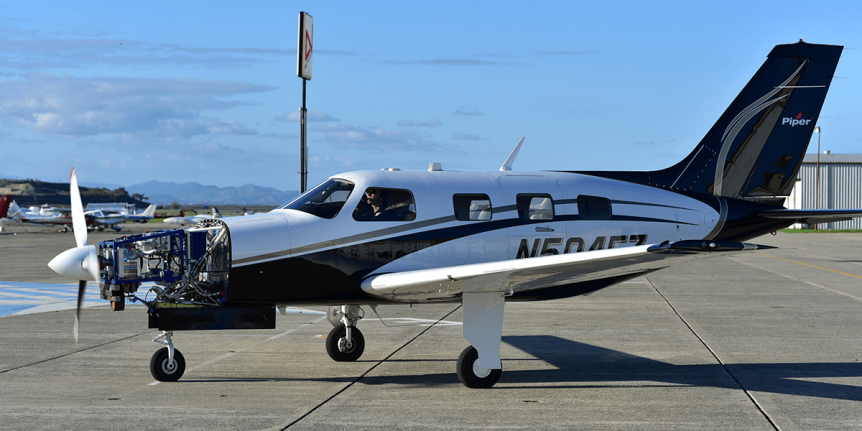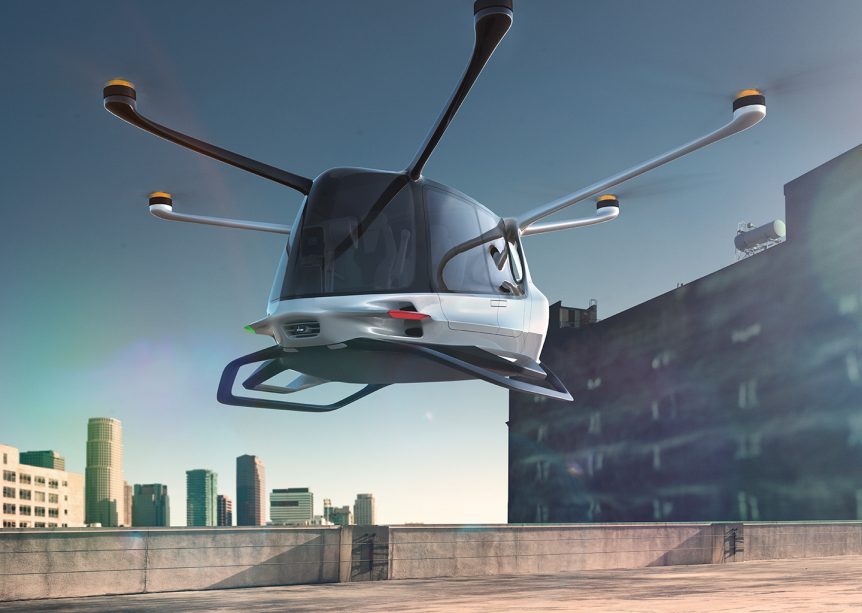So often, promising developments in batteries, solar cells, and electric vehicles seem stuck in the “five years from now” limbo. Perhaps there may be hope that a current, real-time development is before us. MSNBC reports Solid Power has a pilot production line for its solid-state batteries up and running – as of three days ago. Forgive the sound track, which can be turned down or off. The information is worthwhile, however. Solid Power, a 2012 outgrowth of research performed at the University of Colorado Boulder, now holds down 21,000 square feet at the Colorado Tech Center. Their web site expresses some of the frustration many of who have been waiting through the last decade feel about the near-static trend in lithium battery development. “While current lithium-ion batteries continue to provide incremental improvements, the industry demands more advanced solutions capable of providing a true jump in performance thereby accelerating e-mobility.” Solid Power might have a solution to the slow growth of …
ZeroAvia Counts on Hydrogen
Tucked away in the quiet little airport at Hollister, California, ZeroAvia has stealthily been developing a hydrogen-powered Piper Malibu, and flying it for the last six months. It sounds like a regular aircraft taking off and passing overhead, even with its two 130 kilowatt (174.26 horsepower) electric motors. ZeroAvia claims 275 kW (369 hp) for the pair. From the videos, propeller noise seems to be much the same as a conventional, internal-combustion powered Malibu, but lacks the added noise of the engine. Piper M-series aircraft are normally powered by a Teledyne Continental Motors TSIO-520BE engine rated at 310 hp (230 kW). Valery Miftakhov, ZeroAvia’s founder and CEO announced, “Right now we have an aircraft that’s six seats and 2 tons as an R&D demonstrator. Next year we’ll have a 20-seat aircraft and we’ll submit the design for [Federal Aviation Administration (FAA)] certification. That’s what drives the 2022, 2023 timeline. At that point, we’re expecting to have certification and put the …
Alaka’i Skai Levitates on Hydrogen
Alaka’I is Hawaiian for “the value of leadership” according to an island management consulting firm. The word and the company have found a home in Boston, Massachusetts, where they look over the Alaka’i Skai, a hydrogen-powered sky taxi that will offer “point-to-any-point transportation that [is] safe, simple, zero-emissions, affordable and comfortable.” Alala’i, founded by Brian Morrison, adds a hydrogen fuel cell hybrid-electric craft to the eVTOL market with a design by BMW-owned Designworks. From above, it looks a bit like a water-skipper, probably an apt look considering its fuel. Alaka’i emphasizes three points in its sales literature: simplicity, safety and the cleanness of its fuel and operation. With several patents supporting the aircraft the machine supports its creators’ backgrounds, including 20 years with NASA. Alaka’I claims the fuel cells are 95-percent reusable, the remaining five percent are 99-percent recyclable, with longer duration and range than its current competitors. Its “simple” fuel system with three separate fuel cells enables its ability …
Toyota, BMW Fahrting Around with Clean Energy
Fahrt is German for drive, to clear things up immediately. Both Toyota and BMW are experimenting with the cruder form of the word, though, to bring about greener, cleaner driving. Both have bio-energy plans that use animal and even human waste to generate methane – a greenhouse gas that when burnt, combats air pollution. Variations on the theme may someday power our aircraft. Harold Bate and a Little Prehistory This is not a new idea. Harold Bate, a Devonshire farmer, became a counter-culture hero in the 1970s by powering his Hillman Minx sedan with manure. Like all visionaries, Harold was a bit ahead of his time, but became well known and envied when the Arab oil embargo of that decade left motorists waiting in line for fuel and confronted with rationing for the first time since WWII. The charming film from the National Film Board of Canada highlights the simplicity of his homegrown approach and the depth of his understanding. …
Battery Prices and Lithium Futures
EV World has a weekly email update to which your editor subscribes. Because they provide a collection of articles and opinions from different sources, one often comes away questioning trends and even facts – or sometimes the meaning of it all. This week, an article referenced from Green Car Reports says that EV batteries may already have fallen to $250 per kilowatt hour. This would be a godsend for sales of battery-powered cars, because sticker prices would drop sharply. The article quotes Wolfgang Bernhart, a partner at Rolan Berger Strategy Consultants, that battery prices are already much lower than previous predictions would have indicated, possibly as low as $250 per kilowatt hour. His analysis credited economies of scale for this drop, which is based on 2015 demand. This paradoxical approach notes that battery manufacturers must begin planning production now for 2015 EVs, with prices quoted to those manufacturers based on that future demand. Such prices would be an optimistic five …




